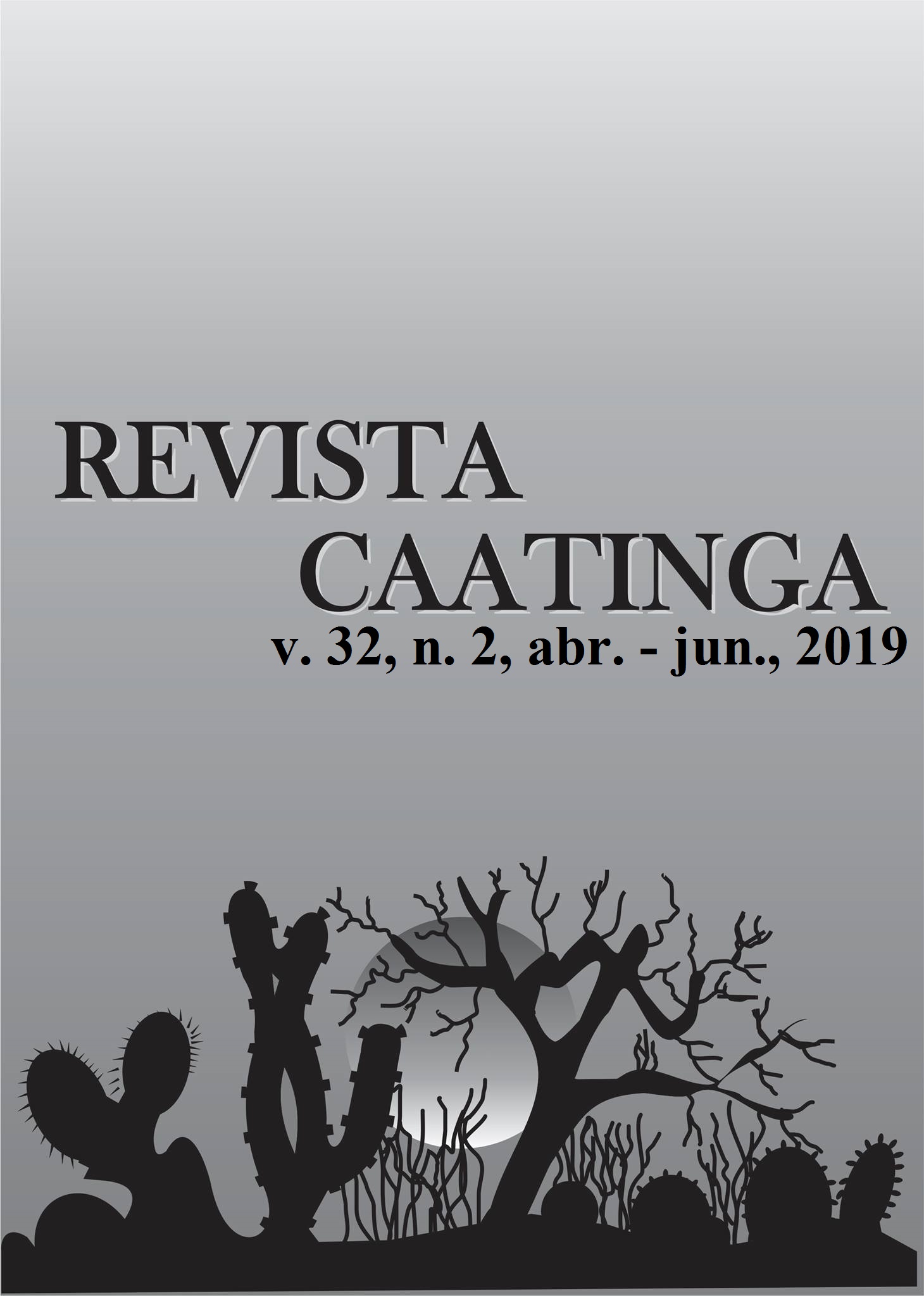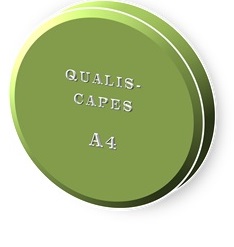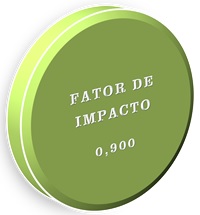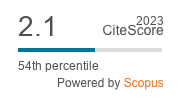REACTION OF POTATO CULTIVARS AND CLONES TO Phytophthora infestans
DOI:
https://doi.org/10.1590/1983-21252019v32n212rcKeywords:
Solanum tuberosum. Late blight. Pathotypes. Disease resistance.Abstract
The in vitro and field reactions of 23 potato cultivars and clones to two isolates of Phytophthora infestans were tested. The in vitro test used the detached potato leaflets method, and disease severity was evaluated 6 days after inoculation. Field experiments were conducted in autumn of 2013, in two locations in Pelotas City, Rio Grande do Sul State, Brazil. Seven evaluations of the disease severity were performed. From the severity values, the area under the disease progress curve (AUDPC) was calculated. Tubers were harvested to determine the yield (g plot-1). The A2 mating type isolate was the most aggressive for the majority of the potato genotypes. It was possible to group the different reactions of the potato genotypes based on the AUDPC values. Clones C2553-1-06, C2573-4-06, C2550-4-06, C2551-2-06, and CIP392,617.54 showed moderate-to-high resistance to the two isolates of P. infestans. The values of severity and AUDPC obtained in vitro and field tests were positively correlated for both P. infestans isolates, but in some interactions, inconsistencies were observed. Tuber yield was negatively correlated with AUDPC.
Downloads
Downloads
Published
Issue
Section
License
Os Autores que publicam na Revista Caatinga concordam com os seguintes termos:
a) Os Autores mantêm os direitos autorais e concedem à revista o direito de primeira publicação, com o trabalho simultaneamente licenciado sob a Licença Creative Commons do tipo atribuição CC-BY, para todo o conteúdo do periódico, exceto onde estiver identificado, que permite o compartilhamento do trabalho com reconhecimento da autoria e publicação inicial nesta revista, sem fins comerciais.
b) Os Autores têm autorização para distribuição não-exclusiva da versão do trabalho publicada nesta revista (ex.: publicar em repositório institucional ou como capítulo de livro), com reconhecimento de autoria e publicação inicial nesta revista.
c) Os Autores têm permissão e são estimulados a publicar e distribuir seu trabalho online (ex.: em repositórios institucionais ou na sua página pessoal) a qualquer ponto antes ou durante o processo editorial, já que isso pode gerar alterações produtivas, bem como aumentar o impacto e a citação do trabalho publicado (Veja O Efeito do Acesso Livre).







